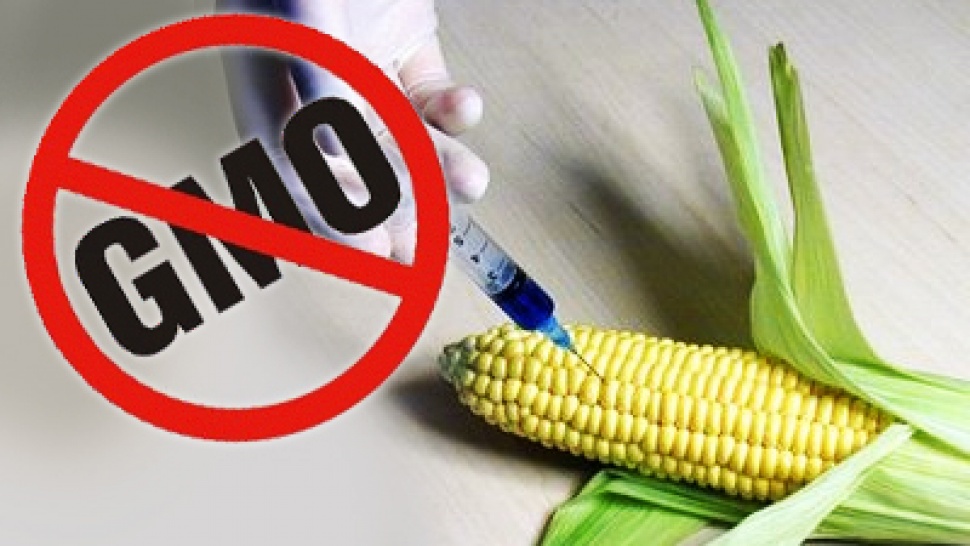Supermarket shelves are loaded with products that display the label “natural.” The food industry likes to use the word to persuade consumers that what they’re buying is somehow better for them, their families and the environment.
Food and Drug Administration (FDA) adopted an informal definition for “natural,” which prohibits use of artificial and synthetic ingredients that consumers would not normally expect to find in their food. This definition would lead a reasonable consumer to believe that “natural” foods do not contain ingredients that have been altered by the addition of foreign genetic material. After all, how can food created by scientists in a lab possibly be considered “natural”? Monsanto itself, one of the world’s largest producers of genetically engineered seeds, defines genetic engineering as altering the genes of plants or animals to exhibit traits that are not naturally theirs.
The FDA, however, has never explicitly addressed the issue of whether it’s permissible to genetically engineer the ingredients in so-called “natural” food. But now the food industry is urging the agency to allow genetically engineered foods to be labeled “natural,” leading shoppers to believe that products with genetically engineered ingredients are better for their health or the environment – even when they’re not. In fact, studies have shown that the use of genetically engineered crops often increases the use of toxic herbicides.

Scientists have revealed a very large number of adverse effects associated with the genetic engineering of crop plants. The following is just a small list of some of the adverse effects that have been documented following exposure findings:
-reduced organ weight;
-reduced growth;
-reduced fertility;
-compromised immune function;
-inflammation;
-mutations;
-allergic reactions;
-new diseases;
-reduced nutrient content of food;
-cancer;
-premature death.
The bottom line is that “natural” food should contain only ingredients that can be found in nature. And until FDA takes an official position on the issue, “natural” products aren’t necessarily any more “natural” – or healthy for your family or the environment – than any other food on the shelves.




Share the News